Project Overview and Draft Recommendations
Everett
Digital Access & Equity Plan

Josh Eichen, Senior Economic Development Planner
Ryan Kelly, Digital Services Manager
Betsy Cowan, Chief Economic Development Planner
Carolina Prieto, Community Engagement Manager
Tony Schloss, Civic Technologist
Ella Brady, Economic Resilience Intern
7/29/21
Agenda
Project Context and Process
Digital Access Diagnosis
Infrastructure Assets and Opportunities
Early Wins
Strategic Next Steps
Continuing the Journey

The Role of the Municipality

Meeting Goals

Underscore Everett's digital infrastructure assets, and future opportunities for investment.
Build momentum towards next steps that the City of Everett and partners can take in bridging the digital divide.
Ensure this group has a clear understanding of the root causes and symptoms related to internet use and service in Everett.
Digital Access and Equity Plan Process
Digital Divide in the
Pandemic and Beyond



- School / Education
- Vaccine Access
- Housing Stability
- Workforce Training
- Economic Development
Phases of Work

- Evaluation of Current Internet Providers and Levels of Service
- Analysis of Community Access to Device and Internet
Phase 1A: Existing Conditions (Feb - April)
Phase 1B: Community Needs Assessment (April - June)
- Identification of Population Specific Challenges and Needs via Survey
- Analysis of Available Data from Everett School Department and City of Everett
-
Review of Existing Infrastructure in Everett
-
Assessment of Potential Technology Interventions
Phase 2: Infrastructure and Technology Evaluation (June - July)
- Synthesis of Earlier Phases of Work to Inform Policy, Program, and Capital Investments to Address Specific Barriers and Needs in Everett.
Phase 3: Plan and Program Development (May - July)
Everett
The Development of an Everett Digital Access and Equity Plan will:

Advise Capital Investment
Inform Policy Decisions
Identify Program Needs
Advisory Committee Role
Help us (MAPC) ground truth/see information from the community perspective

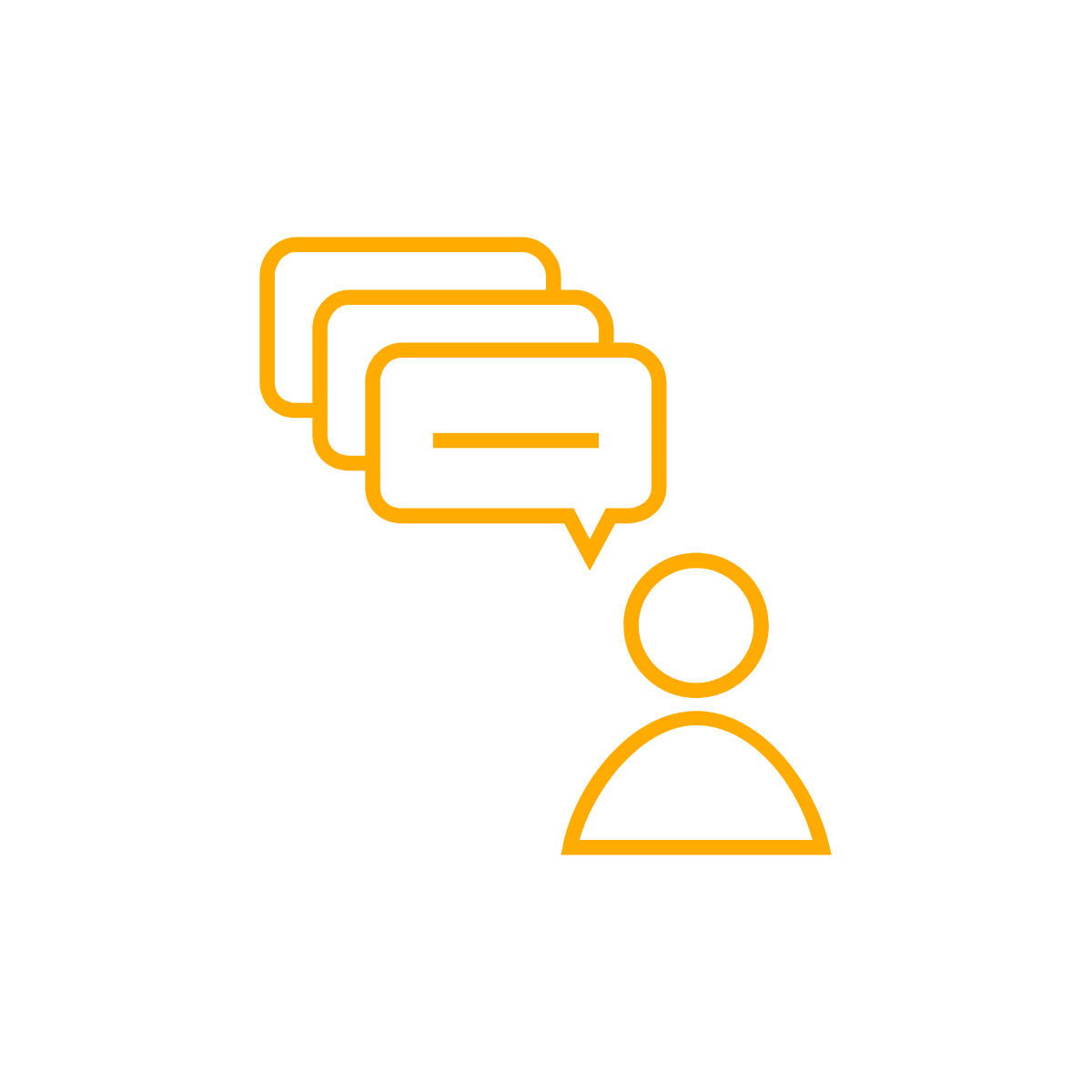


Provide feedback and response to proposed strategies
Assist in connecting with community members for the community needs assessment
Own this product and guide actions going forward

The Role of Municipal Government
Who's Job is it to Solve the Digital Divide?

Planners
Libraries
School Districts
IT Directors
Housing Authorities
Healthcare Providers
Workforce Boards
Community Based Organizations
Elected Officials
Private Sector
The State???

Elevate the Issue and Coordinate Response
Prioritize Allocation of Funding and Staff Resources
Coordinate Community and Private Sector Partners
Negotiate Cable Franchise Agreements
Permit Access to Public Rights of Way
Executive and Legislative Officals
Role of Municipal Partners in
Addressing the Digital Divide
Connect Individuals to Resources
Subsidized Internet Service and Device Programs
Digital Literacy Training
Public Computer Labs
School Districts, Libraries, & Community Partners
Role of Municipal Partners in
Addressing the Digital Divide
Plan and Invest in Infrastructure
Public WiFi
Municipal Fiber Networks
Local Data Centers
IT / Planning Departments
Role of Municipal Partners in
Addressing the Digital Divide
Diagnosing the Problem
Research Findings from the Everett Digital Access Planning Process
Three Determining Factors of Digital Access
An Adequate Device
Literacy
Connection





Three Determining Factors of Digital Access



Connection
Adequate Device
Literacy
Fast
Affordable
Router
Personal Computer /Laptop
Use of Technology
Ensuring functioning equipment
Evaluating quality of information and privacy risks

Connection
Is it Fast?
30 – 40%
of households in Everett with internet access do not have "broadband" speeds

Speed Sources: MLab, Microsoft US Broadband Usage, Demographic Source: US Census ACS 5 Year, 2019
"I live in a 40 unit mid-rise and am told by the internet provider that most of the issues are because the wiring in the building is old. The provider says it's not their problem. We have interruptions all the time, no notice, residents just start calling each other to see if they have wi-fi. Could be down for hours. I work from home and it's a real issue for me."
Is it Reliable?

Connection in Everett
~2,565 (15.8%)
Everett households lack internet service.
62%
of survey respondents do not believe their internet service is affordable.
64%
of survey respondents have had to cancel or change their internet subscription because it is too expensive

Is it Affordable?
Speed Sources: MLab, Microsoft US Broadband Usage, Demographic Source: US Census ACS 5 Year, 2019
"Necesitamos que el costo del internet sea mas justo
-
We need the cost of the internet to be fairer"
Household size further complicates things

Households by size in Everett
For 1-2 people, internet should be at least 25-50 Mbps
$10-$30 per month
For 3-4 people, internet should be at least 50-100 Mbps
$35-$50 per month
For 5+ people, internet should be at least 200-500 Mbps
$50-$70 per month
Source: US Census ACS 2019 5 Year, AllConnect
Devices in Everett
How accessible are devices?
33%
of survey respondents disagree with "People in my household always have access to a computer if needed."
About 65%
of Everett households with internet lease a router from their service provider

Are routers adequate?

Device Source, Computers: US Census ACS 5 Year, 2019. Device Source, Routers: MAPC Survey - 5/26/21, Everett School District
"Our internet speed greatly improved after we bought our own router; the routers provided by our provider don't seem to be very good"
At least 326
Everett School District families may be relying on T-mobile hotspots for internet service
Digital Literacy in Everett
Using Technology
~82%
of survey respondents agree with "I feel confident in my ability to use a computer/laptop/Chromebook
~52%
of survey respondents agree with "I feel confident that I am able to resolve issues related to my internet connection"

Ensuring Functioning Equipment

Evaluating Information and Privacy Risks
Anecdotal information gleaned from stakeholder conversations indicates that there are serious concerns related to privacy, particularly among the immigrant population
Source: MAPC Survey - 5/26/21
Internet Subsidies
~500,000
families in Massachusetts are eligible for Internet Essentials and the Emergency Broadband benefit fund
Comcast Internet Essentials Plan offers basic internet service for $10 / Month to income eligible households (SNAP, Free or Reduced Lunch, etc)
The Emergency Broadband Benefit program will subsidize $50 for all service plans - as of June 29th only 30,000 households in the program
Only 30,000
households have taken advantage of EBB since May 16 2021
Source: Universal Services Administrative Co, National Center for Education Statistics, MAPC Digital Access Survey 6/29/2021
"سمعت بأن شركة كومكاست توفر انترنت مجاني لأصحاب الدخل المحدود .هل هذا صحيح؟
-
I heard that internet service companies provide free internet to people with limited income. Is this true?"
Everett's
Infrastructure Assets
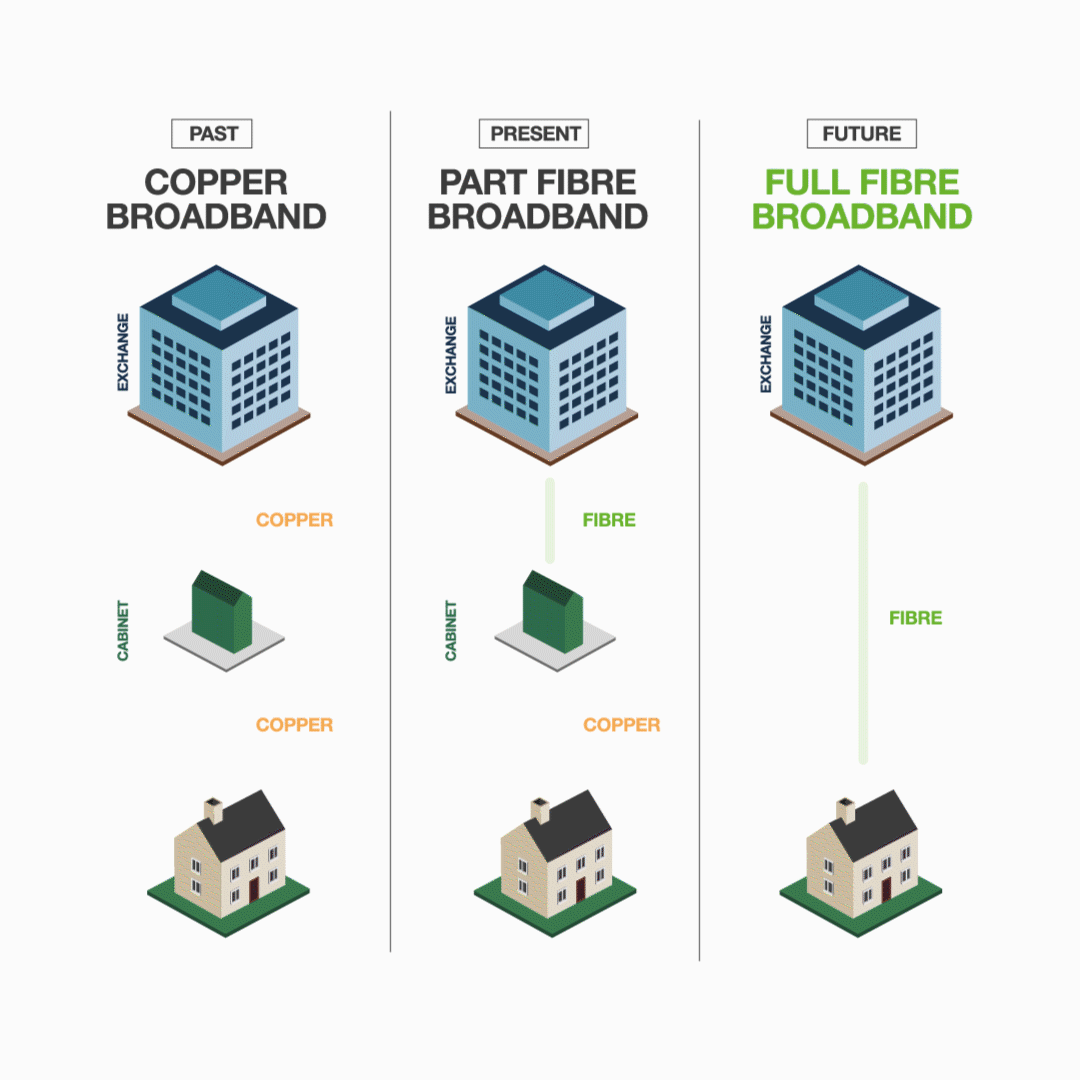
Copper wire slows the connection
Cable Providers in Everett
In 2011 Comcast had 10,603 Cable TV Subscribers.
In 2020 it had 7,000
In 2017 RCN had 2,171
Cable TV Subscribers.
In 2020 it had only 957
Source: Mass DTC Form 500, 2011 - 2020
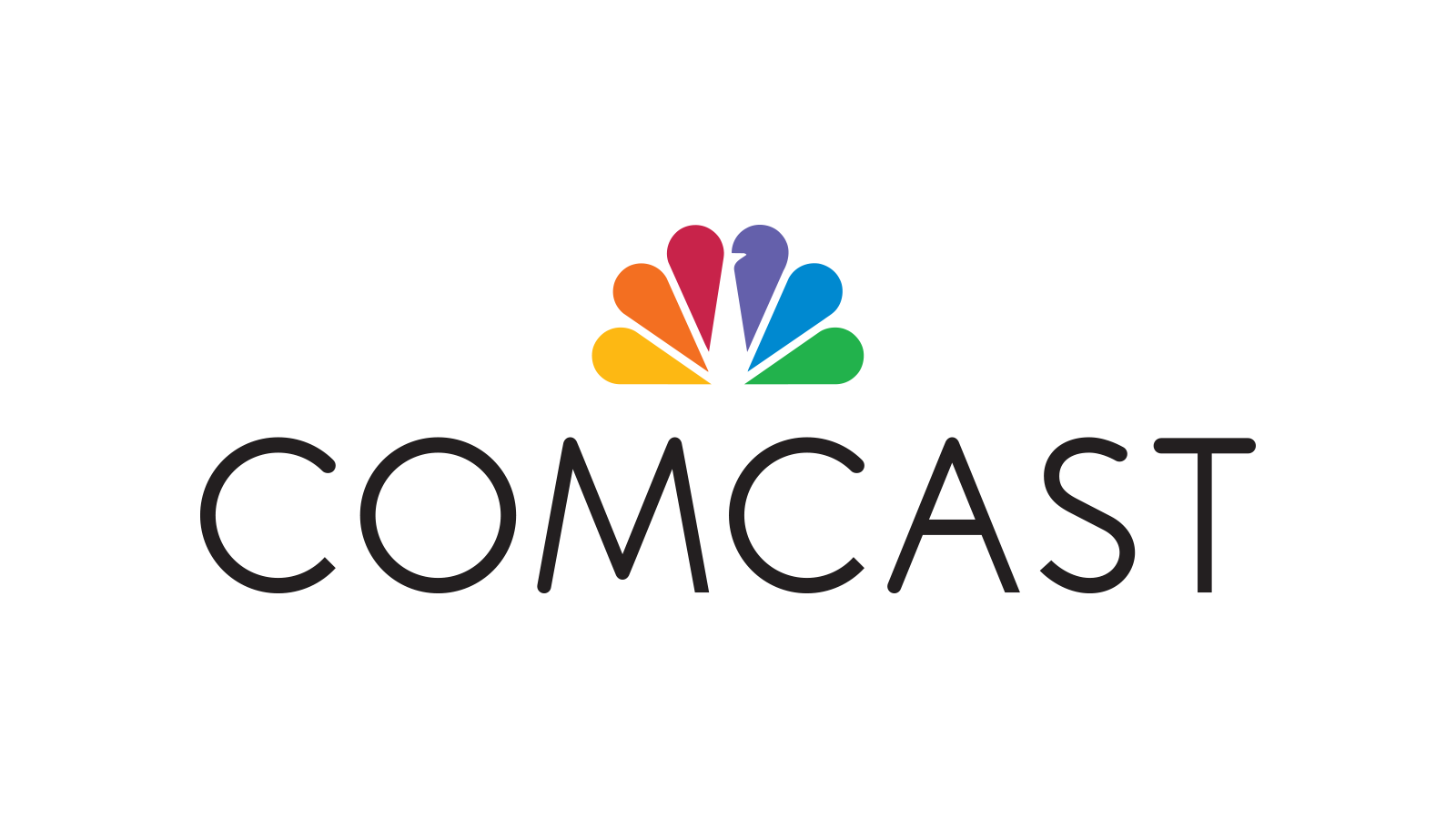
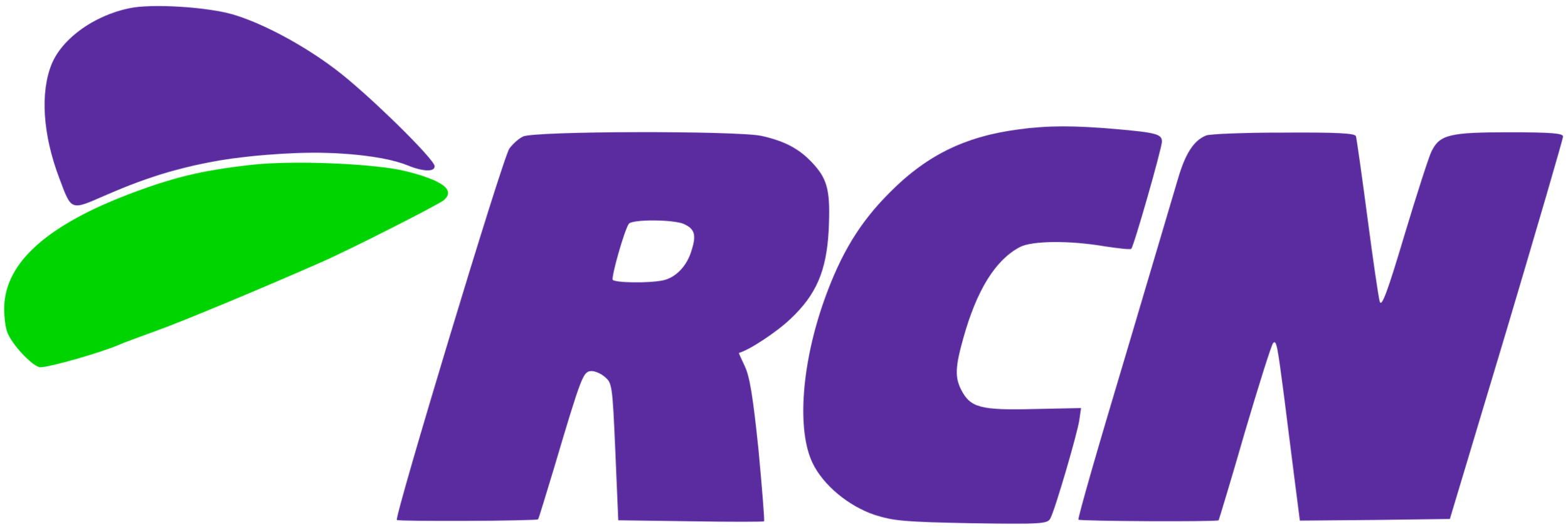
Incumbent Cable Franchise, Full Coverage in Everett
Competitive Cable Franchise, Limited Coverage in Everett


Comcast's Fiber Network In Everett
Available through section 4.12 of the Municipal Franchise Agreement with the City of Everett



Let's Zoom In
Fiber


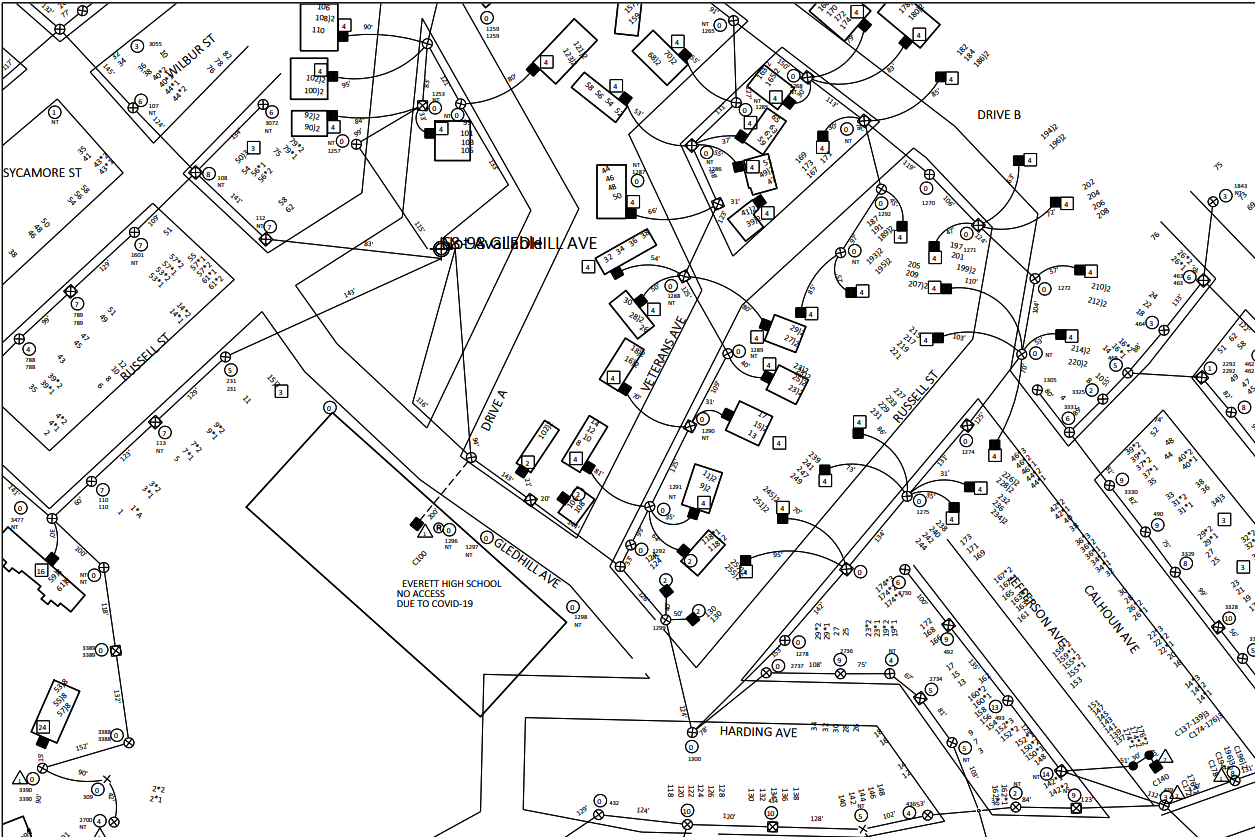

Cable
Lines
Cable


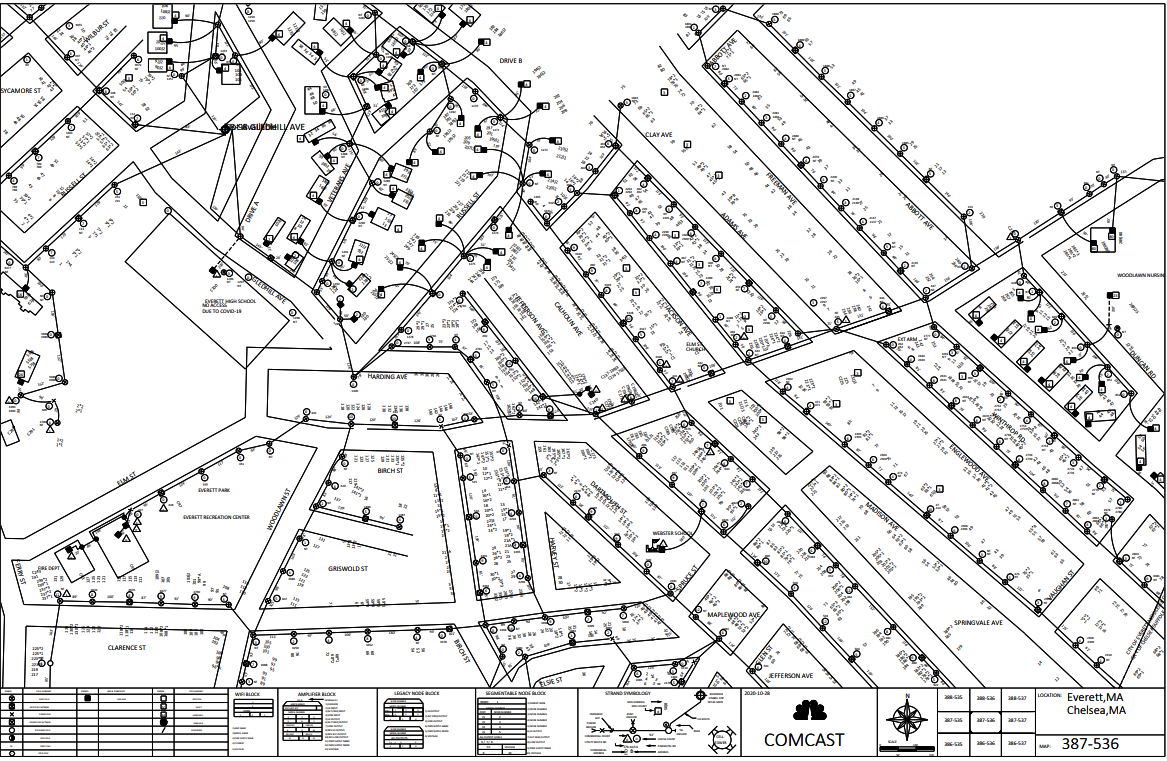

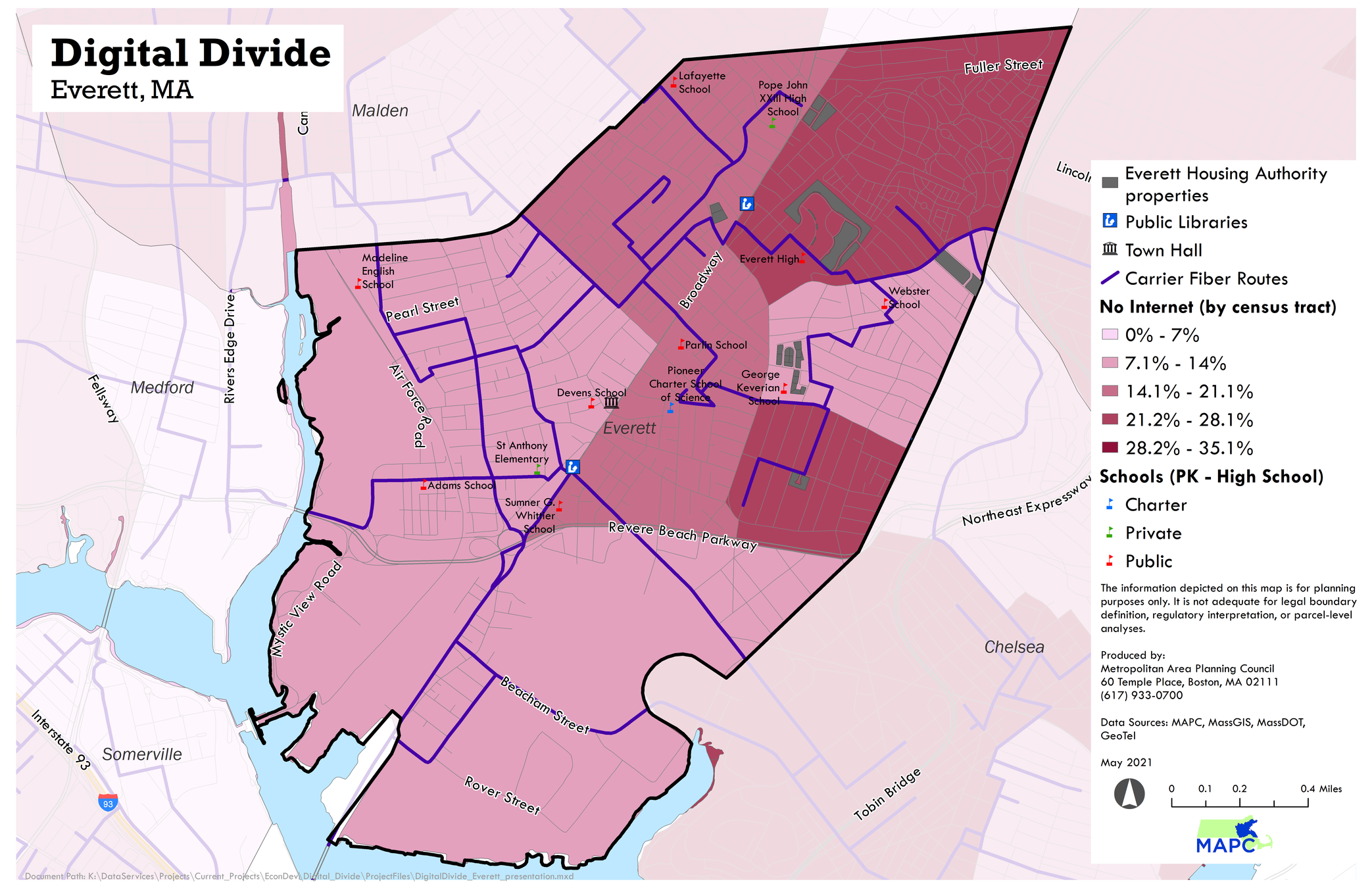
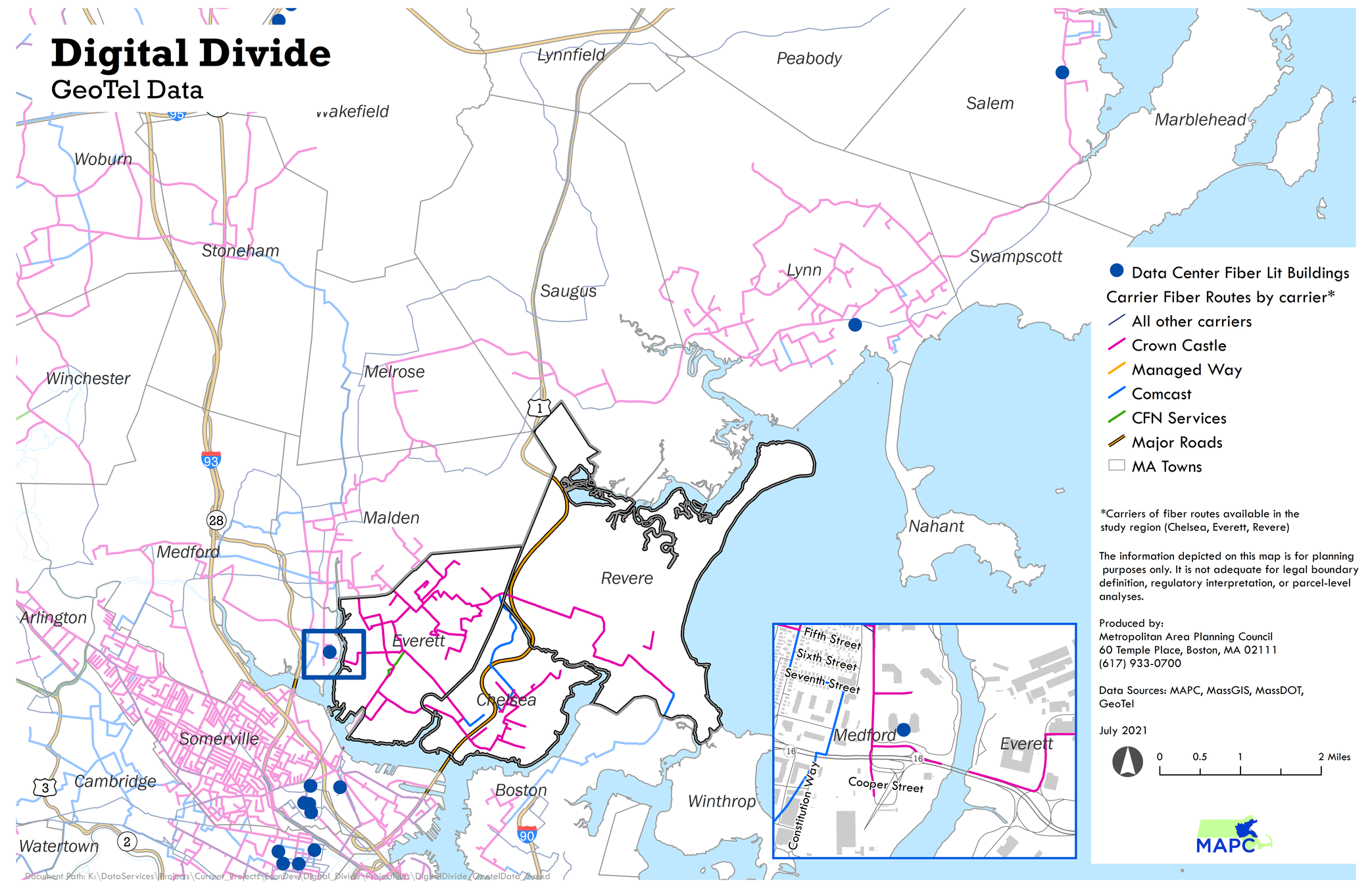
Why is it this way?
Cable infrastructure at the household level is likely impacting service and reliability.
Lack of competition, and shrinking cable service revenues are likely disincentives for investment from the private sector.
Individuals are likely using outdated or ineffective routers and devices.
Internet subscribers may not have the confidence or technical skills to trouble shoot internet speed or function issues.
Larger households who may need faster speed packages may be cost burdened and unable to afford those plans.
Individuals who are eligible for subsidized services may not be taking advantage of them due to a lack of information, trust, stable housing, documentation, or other structural and social factors.
Draft Recommendations
An Adequate Device
Literacy
Connection



Data exchange with Internet Service Providers will allow the school district to fully understand which households do not and can not be served by a wired connection.
DESE / Education Superhighway Bridge to Broadband Program
Draft Connection Recommendations
Funding available to deploy WiFi service in and near public properties. Could be used to create the infrastructure needed for a larger community wide WiFi network.
Mass Broadband Institute Gateway City WiFi Grant
Confirm participation by Everett School District
Work with MAPC to develop program deployment
Release an RFI for Municipal Rooftop Use
Rooftops of municipal buildings could be leveraged by internet service providers like Starry and Netblazer to provide competitive options.
Inventory and RFP municipal roofs, focusing on tall or elevated properties
Next Steps
Immediate
Immediate
Immediate
Draft Connection Recommendations
Understanding the options for Everett to facilitate investments in broadband infrastructure will be a critical next step to improving competition and service.
Explore Municipal Infrastructure Investments
Work with a consultant to evaluate technology options and required funding
Release an RFI for "Last Mile" Fiber Connections
Bringing fiber connections into residential buildings will improve speed and reliability for property tenants.
Review fiber maps and ID priority areas of Everett
Next Steps
Long
Medium
Embed at least one Tech Goes Home instructor in every school and library in the City. Ensure courses are offered in Spanish, Haitian Creole, Portuguese, and other community languages.
Brand Everett as a "Tech Goes Home" Community
Draft Literacy Recommendations
Digital Navigators can be embedded in municipal offices, healthcare facilities, schools, or other CBO's to provide direct technology and resource support to the community.
Respond to Digital Navigators RFI
Adopt brand as policy and assess funding requirements.
Coordinate a response to forthcoming MAPC RFI
Reposition Everett Community TV as a Digital Resource Hub
ECTV could leverage its existing equipment, knowledge, and space for digital content production and skill development.
Establish a community advisory board to develop a strategic plan for ECTV
Next Steps
Immediate
Medium
Long
The Emergency Connectivity Fund assists schools and libraries purchase technology equipment and internet service. Funds should be leveraged to supporting wired connections whenever possible.
Apply for and Distribute Emergency Connectivity Fund Resources
Draft Device Recommendations
A Digital Equity Trust would be a sustained funding source to assist residents purchase devices such as PC's or routers, as well as internet subscriptions when subsidies are unavailable.
Establish a Digital Equity Trust Fund
Submit ECF applications from School District and Library
Establish a trust through legislative action.
Support the Creation of a Tech Refurbishment Center
A Tech Refurbishment program would divert e-waste, enable skill-building, and provide low-cost options for devices in the community.
Coordinate with private sector partners, Everett School District, and Workforce Board
Next Steps
Immediate
Medium
Long
Vision for Digital Access in Everett
Remove barriers to adoption that prevent universal access to reliable and high speed (100/100) internet.




Ensure all residents who desire to improve their digital / technology literacy have a pathway to educational opportunities at a range of skill levels, offered in community appropriate languages and settings.
Augment the capacity of key stakeholders such as IT Departments, School Districts, Libraries, Community based organizations, and municipal staff to address the digital divide
Promote competition among internet service providers offering broadband service.

Strategic Interventions
Establish a Digital Equity Trust to Ensure Device and Service Access

Next Steps:
- Establish Trust Fund by Executive or Legislative Action
- Coordinate seed funding with the Emergency Connectivity Fund opportunity
- Explore equipment donation and refurbishment partnerships
- Align with Digital Navigators to support use of technology

A Digital Equity trust would be an established and sustained source of funds to support Everett residents purchase
- Laptop/desktop computers
- Routers
- Internet service when existing subsidies are unavailable.
Impact
- Reduce the number of individuals in Everett not receiving broadband service.
- Reduce the number of households not able to provide all members with devices when needed.

Release an RFI for pilot "last mile" fiber connections in underserved areas of the City.

Next Steps:
- Identify pilot opportunity sites using cable and commercial fiber maps.
- Establish a partnership with regional partners to assist coordination of an RFI for service.
- Work with regional partners to access federal or state ARPA funding to support pilot program
Bringing fiber connections into residential buildings will improve speed and reliability for property tenants. The City of Everett can leverage public funds made available through ARPA and the State's IT Bond Bill to support these connections and associated wiring, which may enable longer term competition initiatives.
Impact
- Encourage private sector action to improve infrastructure
- Move Everett residents towards federal goal of 100/100 speeds.
- Ensure speed and reliability in areas of the City lacking fiber backbone infrastructure.
Brand Everett as a Tech Goes Home Community.

Expand on the current Tech Goes Home pilot program with the Everett school district to ensure that every library and school district in the City has at least one Tech Goes Home trained instructor, offering classes in English and languages such as Haitian Creole, Portuguese, and Spanish.

Next Steps:
- Allocate funding to support Tech Goes Home Training for Librarians and School District Staff
- Coordinate outreach to community members through school district and municipal channels.
- Establish a contract agreement with Tech Goes Home for services.
Impact
- Everett residents are ensured an opportunity to gain baseline computer skills, regardless of English language proficiency.
- Family households are able to support Everett school aged children in basic technology needs.
Continuing the Journey

Explore Strategies to Increase Broadband Competition with Regional Partners

Next Steps:
- Align priorities with regional stakeholders.
- Work with a consultant to evaluate strategies for increasing broadband competition in Everett.
- Assess required investments, operation mandates, and risk.
- Apply for State/Federal funding through available sources (EDA Economic Adjustment Grant, IT Bond Bill)
Understanding the options for Everett to facilitate investments broadband infrastructure to improve competition will be a critical next step to taking advantage of potential state and federal funding.
Impact
- Reduce service costs for Everett residents.
- Attain reliable and universal 100/100 service.
- Enable the City of Everett to advance additional smart city initiatives.
Reposition Everett Community Television as a Digital Access Hub


Next Steps:
- Coordinate with the Everett School District technology and academy initiatives.
- Create an advisory board of community stakeholders to work with a consultant on the creation of a strategic plan for the ECTV.
- Review and evaluate existing cable franchise agreements for opportunities to leverage provider commitments towards this effort.
Everett Community TV's serves as an important resource in the community for the distribution of information and community resources. ECTV could leverage it's existing equipment, knowledge, and space towards digital content production and resource/skill development.
Impact
- Create opportunities for Everett residents to access professional media production equipment and resources
- Enable skill building for software and communication technology
- Increase the City's ability to communicate with residents about important issues and resources.
Connect Digital Access to Workforce Development Opportunities


Digital Justice Principles: Access
- Digital justice ensures that all members of our community have equal access to media and technology, as producers as well as consumers.
- Digital justice provides multiple layers of communications infrastructure in order to ensure that every member of the community has access to lifesaving emergency information.
- Digital justice values all different languages, dialects and forms of communication.
Source: Allied Media, Teaching Community Technology Handbook
Next Steps
Survey
- Identification of Population Specific Challenges and Needs via Survey and Engagement
- Analysis of Available Data from Everett School Department and City of Everett
-
Review of Existing Infrastructure in Everett
-
Assessment of Potential Technology Interventions
Phase 2: Infrastructure and Technology Evaluation (June)
Please reach out to Josh Eichen! jeichen@mapc.org
- Synthesis of Earlier Phases of Work to Inform Policy, Program, and Capital Investments to Address Specific Barriers and Needs in Everett.
Phase 3: Plan and Program Development (July)
Cable Providers in Everett
Comcast
RCN
Incumbent Cable Franchise, Full Coverage in Everett
In 2011 Comcast had 10,603 Cable TV Subscribers.
In 2020 it had 7,000
Competitive Cable Franchise, Limited Coverage in Everett
In 2017 RCN had 2,171 Cable TV Subscribers.
In 2020 it had only 957
Source: Mass DTC Form 500, 2011 - 2020
Everett Digital Access Plan - Final Pres
By jeichen
Everett Digital Access Plan - Final Pres
Presentation for Meeting 2 of the Everett Digital Access Working Group
- 1,095



